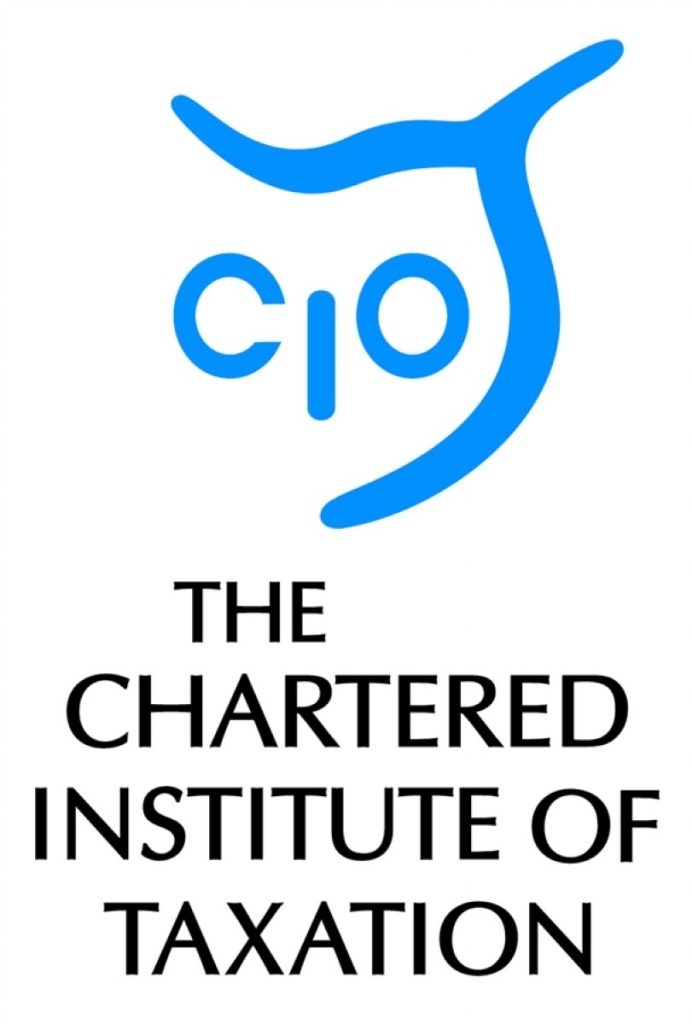The Low Incomes Tax Reform Group (LITRG) is urging people to claim back tax deducted from savings income in past years now that they have received their P60s.
Up until 6 April 2016, financial institutions like banks and building societies had to deduct 20 per cent basic rate tax from interest paid to individuals’ accounts, unless the person was a non-taxpayer and registered to have interest paid gross1.
Some people who have had tax deducted from their interest may be able to claim some or all of it back. For example, they might have been liable for some tax on their income (and therefore ineligible for interest to be paid gross), but if their total tax bill was less than the amount deducted by their bank or building society, they could claim back the difference. Or some of the interest might have fallen within the starting rate for savings on which they would have owed tax at 10 per cent up to 5 April 2015, or zero per cent thereafter.
The old system is quite different to the new method. From 6 April 2016, banks and building societies are no longer required to deduct basic rate tax from most interest payments. Also, basic rate taxpayers can now have tax-free savings income of £1,000 while if someone’s total taxable income is £17,000 or less they will not pay any tax on their savings income. It means most people can now earn some income from their savings without paying tax.
Anthony Thomas, Chairman of LITRG, said:
“The new savings income rules from 6 April 20162 have their own set of complexities for some, but are good news for many people on low incomes as they no longer have to reclaim tax on savings in future. The problem with change is that it can be confusing, and there is a risk that people will now forget to reclaim tax for earlier years thinking they no longer need to do anything, which is a worry.”
People have probably now gathered much of their tax information for the 2015/16 tax year – for instance, employees should have received P60s from their employers by 31 May. A P60 summarises someone’s total pay and deductions for the year. This means now is a good time to check taxes up to 5 April 2016, and earlier years if necessary.
Anthony Thomas said:
“Even a small amount of tax deducted can be significant to people on low incomes. It is always a good idea to get your tax information together and, if necessary, claim back tax you should not have had deducted3.
“LITRG’s website includes guidance on how to complete form R404 to claim back tax overpaid on savings income.
“When checking last year’s tax, it is worth looking at earlier years, too. You usually only have four years to claim back overpaid tax5.”
Notes for editors
1. This would have been done using form R85, for UK resident savers who were non-taxpayers in tax years up to and including 2015/16.
2. http://www.litrg.org.uk/latest-news/news/160520-new-savings-and-dividend-tax-rules-%E2%80%93-essential-guide.
3. http://www.litrg.org.uk/tax-guides/tax-basics/how-do-i-claim-tax-back/how-do-i-claim-back-tax-savings-income
4. http://www.litrg.org.uk/useful-links/useful-tools/forms/r40-%E2%80%93-claim-repayment-tax-deducted-savings-and-investments
5. The earliest tax year for which you can now reclaim overpaid tax is 2012/13 – the deadline for which expires on 5 April 2017
6. Low Incomes Tax Reform Group
Contact: Hamant Verma, External Relations Officer, 0207 340 2702 HVerma@ciot.org.uk (Out of hours contact: George Crozier, 07740 477 374)
The LITRG is an initiative of the Chartered Institute of Taxation (CIOT) to give a voice to the unrepresented. Since 1998 LITRG has been working to improve the policy and processes of the tax, tax credits and associated welfare systems for the benefit of those on low incomes
The CIOT is the leading professional body in the United Kingdom concerned solely with taxation. The CIOT is an educational charity, promoting education and study of the administration and practice of taxation. One of our key aims is to work for a better, more efficient, tax system for all affected by it – taxpayers, their advisers and the authorities. The CIOT’s work covers all aspects of taxation, including direct and indirect taxes and duties. The CIOT’s 17,600 members have the practising title of ‘Chartered Tax Adviser’ and the designatory letters ‘CTA’, to represent the leading tax qualification.





-01.png)